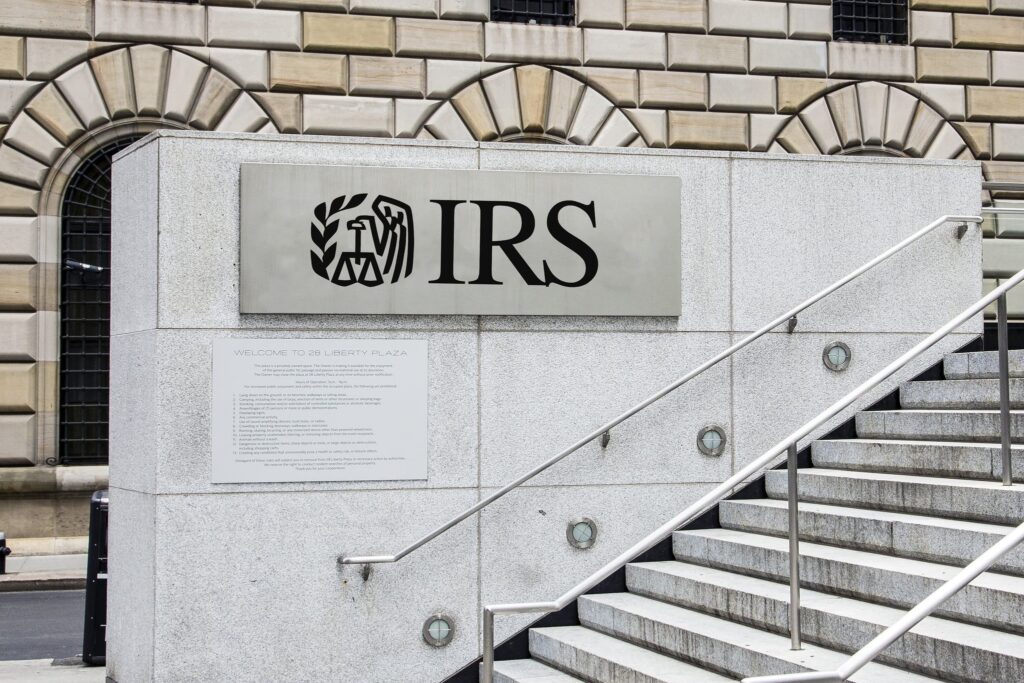
Did the IRS Customer Service Really Need $80 Billion?
Last year, the feds set aside $80 billion to upgrade the IRS customer service hotlines, but the final results leave a lot of room for improvement.
This is according to an audit that the Treasury Inspector General for Tax Administration (TIGTA) published this month.
Taxpayers call these hotlines to ask questions, order forms, or learn when they’ll get their tax refunds.
RELATED: IRS Agents Have Traded Pocket Protectors for Firearms
“The IRS met the Secretary’s expectations reporting a level of service average of 85.23 percent as well as reducing the average wait time to answer a taxpayer’s call to approximately three minutes. However, we made test calls on March 10 through March 14, 2023, to the 102 telephone lines to evaluate the quality of customer service received when contacting these lines,” according to the TIGTA audit.
“Our test calls identified one telephone line with an incorrect number provided by the IRS to taxpayers, inconsistencies in providing callers the option to hear recorded messages in either English or Spanish, inconsistencies in providing legislatively mandated scam alert information when placed on hold, being placed on hold for time frames exceeding 30 minutes, and not always receiving a return call for those telephone lines that provide an option to leave a message to receive a return call.”
TIGTA recommended that the IRS record messages to, when necessary, tell callers that no help is available due to high call volumes.
IN THE NEWS: Nashville Leaders Should Have Listened to Rod Serling
Taxpayers, in their dealings with the IRS, need correct and concrete information to help them avoid legal trouble. IRS employees, for instance, can raid taxpayers’ homes, harass them at work and confiscate their earnings. Those agents can also garnish their wages, seize their properties and throw them in prison.
As RVIVR reported in May, people who call the IRS often wait on hold for hours. Some give up. They then contact one or more agents through their personal social media or — gasp — at their homes. Those agents say they feel threatened.
IRS managers’ full names and office telephone numbers appear on manual correspondence with taxpayers.
Special thanks to Warhammer’s Wife for proofreading this story before publication. Follow Warhammer on Twitter @Real_Warhammer



